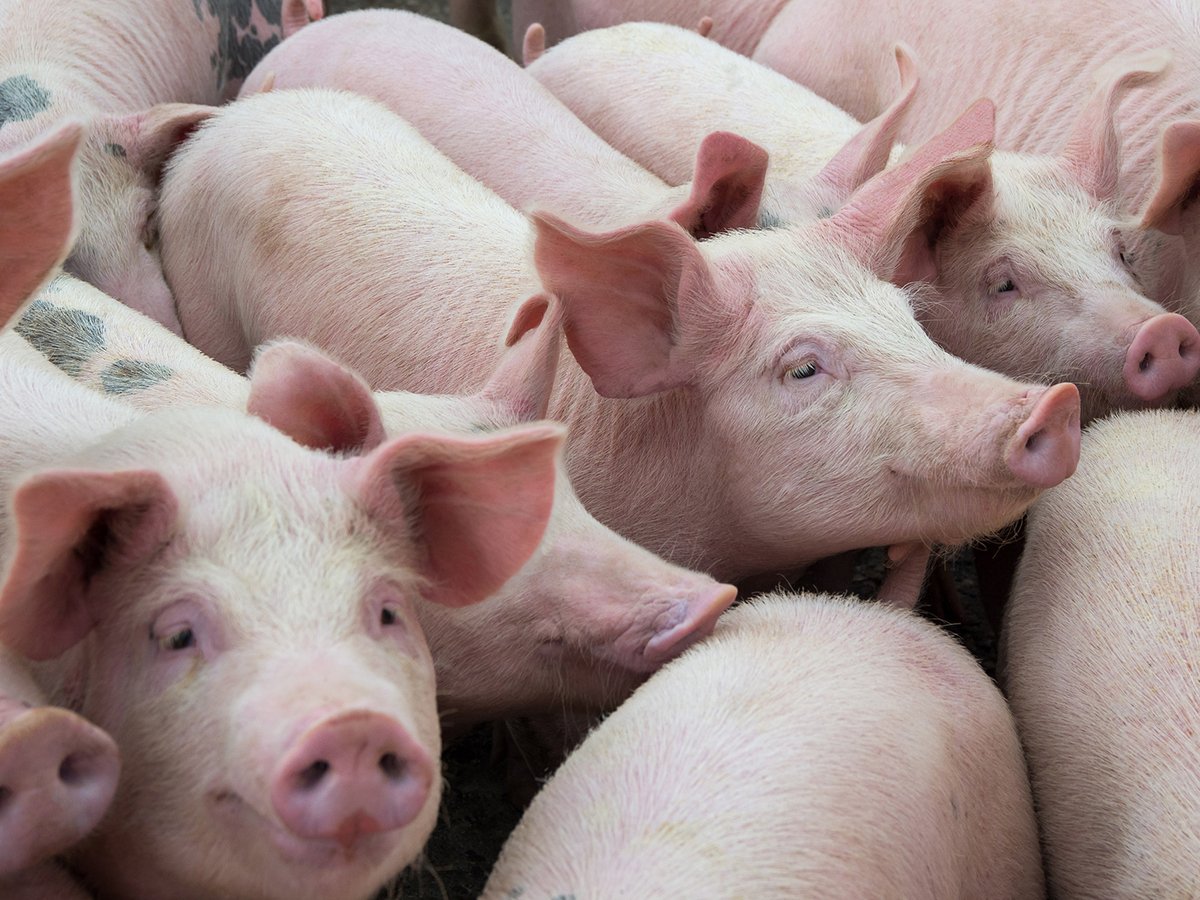Closer ties should be forged with farmers and other people living near Riding Mountain National Park to help eradicate bovine tuberculosis, according to a study recently released from the University of Manitoba.
The study, which examined the relationship between elk and agriculture around the park, provided dozens of recommendations in support of the eradication effort. Several ideas dwelt on the need for government agencies to consult more closely with local people and to share information with them.
“I think this study shows very clearly that farmers are excellent observers of wildlife and are very willing to share their ideas and very open to contributing and being part of the process,” said Ryan Brook, a U of M instructor who co-wrote the final report on the study.
Read Also

Quebec pork company calls for transparency around gene-edited pigs
Quebec-based pork company duBreton is calling for transparency around meats from gene-edited pigs on concerns that a lack of mandatory labelling will confuse consumers, and dilute certification claims. The organic sector is also calling for labelling rules.
“They desperately want to be included in these decisions, and be informed and have input on what’s going on.”
The effort to communicate more closely with people around the park has improved during the past few years, but there remains room for improvement, Brook said.
Parks Canada is among the government departments involved in the TB management effort because the disease can infect elk as well as cattle. A park official said the effort to establish better communications during the past few years has eased tensions with farmers.
“From our perspective, there’s been incredible payback in terms of rebuilding trust and opening doors,” said Ken Kingdon, co-ordinator of the wildlife health program in Riding Mountain National Park. “I think in general our relationship with most landowners is certainly improved from what it was and we’ll continue to work on that.”
There were 26 recommendations in the final report. They include:
- The development of individualized farm management plans to eliminate or reduce wildlife contact with hay bales and cattle.
- Communication with farmers and hunters regarding the current regulations and implications of baiting and feeding wildlife. Such practices could increase the risk of bovine TB being transmitted between livestock and elk.
- Programs to help farmers make significant changes to their farming practices to reduce wildlife contact.
- The start of formal discussions among government agencies regarding a jointly funded compensation program to offset farmer costs associated with bovine TB.
















